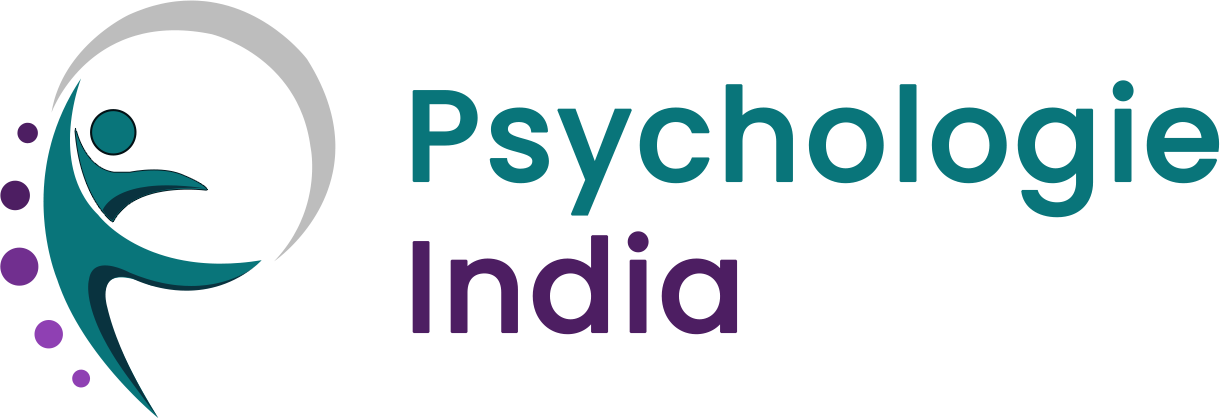Holistic psychology is a new school of psychology that says that human being is an entity on the whole and you cannot treat the mind of a person without considering factors like environment, lifestyle, physical health, and relationships. It is a little different than the traditional approach that just considers the human mind, the environment and their interaction as theyare of focus.
Holistic psychology is a method of therapy that integrates a wide variety of techniques. Some of these techniques include meditation, acceptance and commitment therapy, cognitive behavior therapy, and psychodynamic therapy. It also involves looking at personal mental health as well as physical health. The goal is for the patient to have greater control over their mind and body.
Holistic Therapy
Holistic psychotherapy is a planned process of deep inner reflection and insight, which involves you working with a therapist to understand life patterns and move away from destructive behavior. To guide this process a holistic psychotherapist will develop with you a therapeutic relationship built on honesty and trust, where you feel safe to open up and express yourself, warts-and-all. This will enable a collaborative experience between you, the client, and the therapist in order to remove any blockages preventing you from experiencing freedom in your everyday life.
Rather than analyzing symptoms and events in isolation, holistically-oriented psychotherapists look at the interconnectedness of body, mind, spirit, and environment to gain a better understanding of a client’s true nature. In essence, they aim to work toward wholeness–a state where all parts of the client are working together in harmony.
Holistic psychotherapy focuses on self-acceptance, living a meaningful life and maintaining a healthy balance between external and internal experiences. It is based on the belief that issues are best dealt with when explored with an openness to all aspects of yourself, including your body, mind, heart and spirit.Holistic therapy draws from a variety of sources including:
- Psychoanalysis
- Cognitive behavioral therapy
- Heart-centered hypnotherapy
- Breathwork
- Guided imagery
Holistic psychology is a treatment approach that heals the entire person through a system of natural methods. The primary focus of holistic psychology is treating a person holistically and directing the attention to the mental, emotional, physical, social and spiritual factors.
There are several pros that can be attributed to holistic psychology including:
1. Holistic therapy requires you to become more responsible about your health. It lets you take charge and ensure your overall wellness.
2. Usually holistic therapy does not cost as much as modern therapies and medicines. Sometimes all you require is a mat to practice meditation.
3. Holistic therapies can work in conjunction with modern medicine. You can take best of both worlds and treat your problems in multiple ways at a time.
There are also some negative con’s that can be by health care providers include:
1. Methodologies used in holistic therapy may take some time to work. These are not medicines that you will take and will be magically healed. It takes time and effort on you part.
2. They require you to make serious lifestyle changes like going on a special diet, adopting a different mindset, and learning to overcome stressors in your life.
Issues Treated With Holistic Therapy
Holistic therapy, also referred to as alternative therapy, involves the treatment of an individual as a whole when addressing any number of challenges. This holistic approach may be beneficial in treating various types of challenges, in a wide range of individuals:
- ADHD
- ADD
- Anxiety
- Depression
- Eating Disorders
- High Blood Pressure
- Weight Management Issues
- Mood Disorders
- Headaches/Migraines
Criticisms and limitations of holistic therapy
Holistic therapy is a form of therapy that takes into account the whole person and the whole life. Rather than tackle one emotion at a time, holistic therapists attempt to unify all emotions and resolve underlying conflicts in order to promote an improved sense of well-being. The process is slow and painstaking, requiring several years of weekly sessions. Clinical holistic therapy seeks to make holistic therapy a more accessible treatment by reducing the number of sessions needed. Clinical holistic therapy is a cross between traditional psychotherapy and holistic therapy. Rather than taking years to achieve the complete counseling process, clinical holistic therapy may take only 40 sessions. The therapy process consists primarily of interviews with your therapist and emotional bodywork rather than using bodywork exercises as the primary method of intervention. Therapy works toward addressing both you and your therapist while working together to come up with an individualized treatment plan that addresses current issues and takes into account emotional past history. It may also be useful in addressing spiritual concerns while attending to somatic symptoms. This treatment model may be recommended (or required) after physical medical intervention is indicated and provides marital, family, and other trauma counseling support. It is available for adults, children, adolescents, couples, and families. It is a proven treatment model that gives clients a sense of being heard as well as attended to with attentive concern regarding both mind and body wounds – whether recent or historical.








